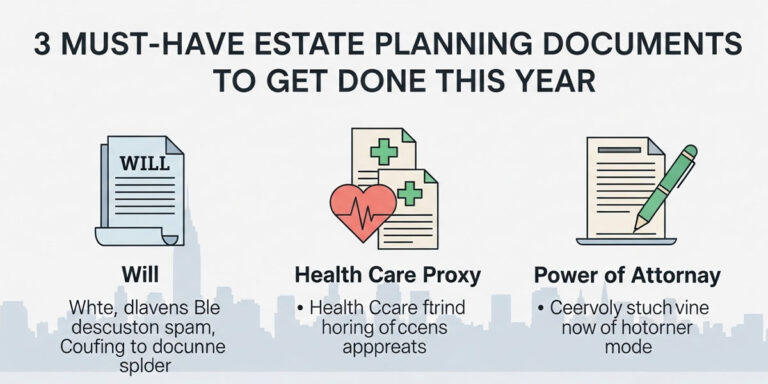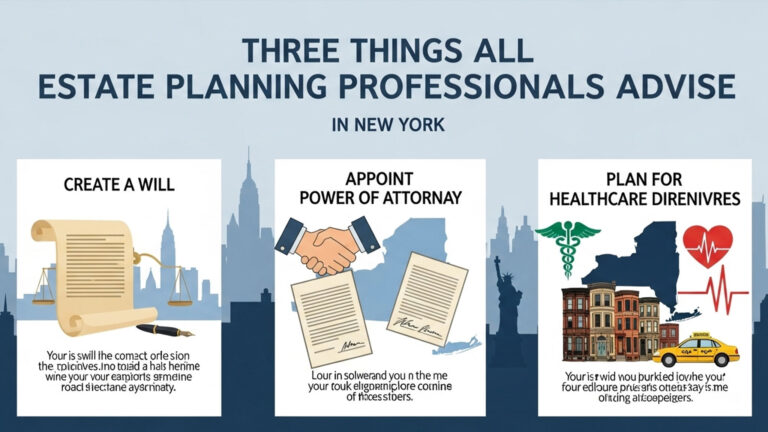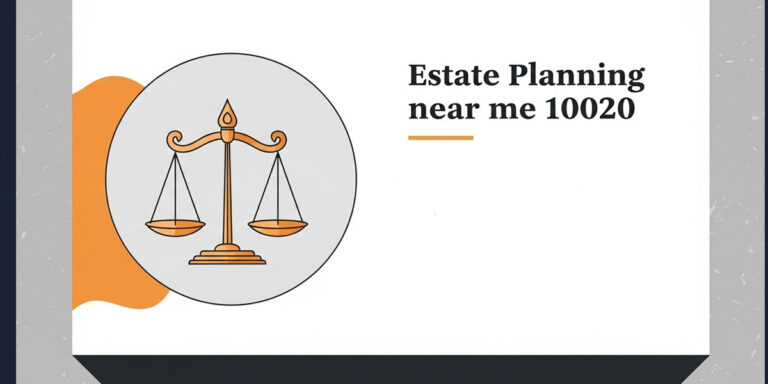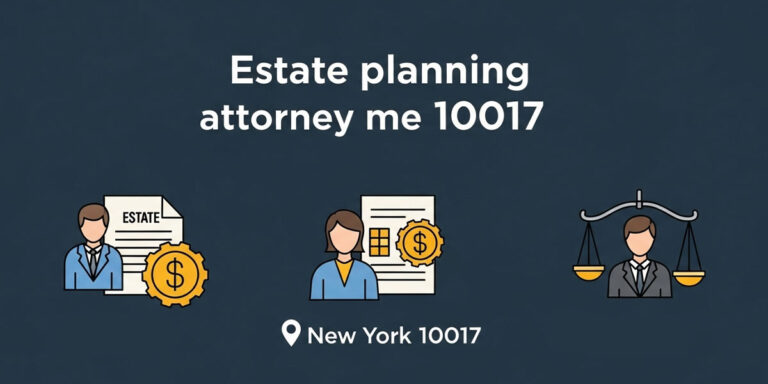
Estate Planning Attorney near me 10280
Why You Need a Local 10280 Estate Planning Attorney Life in the 10280 zip code offers a unique New York experience—an exclusive, serene residential enclave
Home » Estate Planning Attorney near me » Page 12

Why You Need a Local 10280 Estate Planning Attorney Life in the 10280 zip code offers a unique New York experience—an exclusive, serene residential enclave

Why You Need a Local 10014 Estate Planning Attorney The 10014 zip code is more than just a location; it’s a legendary landscape at the

Your Essential Estate Planning Checklist for This Year Each new year brings a fresh sense of purpose—a time to set goals, make improvements, and focus

Why You Need a Local 10007 Estate Planning Attorney The 10007 zip code is a unique and powerful corner of Manhattan, a place where historic

Why You Need a Local 10038 Estate Planning Attorney The 10038 zip code is the historic and financial epicenter of New York City. From the

Core Wisdom from Estate Planning Attorneys The world of estate planning can seem overwhelmingly complex. With its talk of trusts, probate, guardians, and fiduciaries, it’s

Why You Need a Local 10020 Estate Planning Attorney The 10020 zip code is not just a location; it is a global symbol of power,

Why You Need a Local 10016 Estate Planning Attorney The 10016 zip code is a dynamic and vital artery of Manhattan, pulsing with the energy

Why You Need a Local 10017 Estate Planning Attorney The 10017 zip code is the nerve center of global commerce and diplomacy. It is the

Why You Need a Local 10022 Estate Planning Attorney The 10022 zip code is a global synonym for influence, affluence, and ambition. It is the